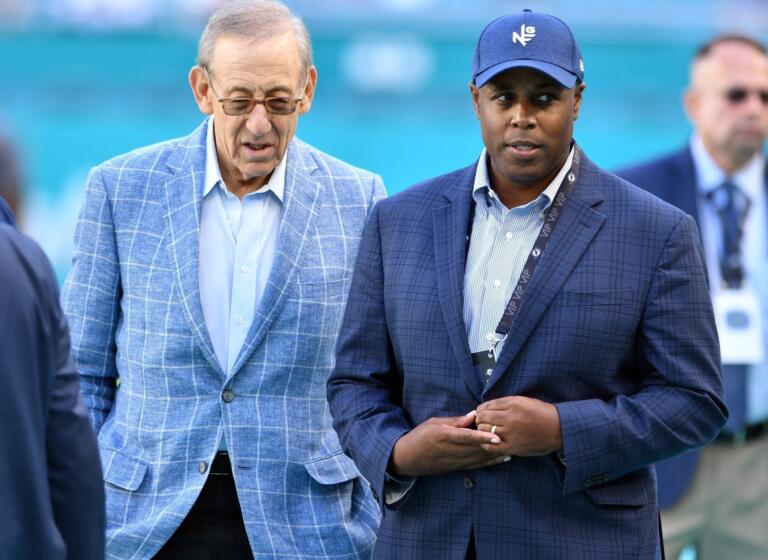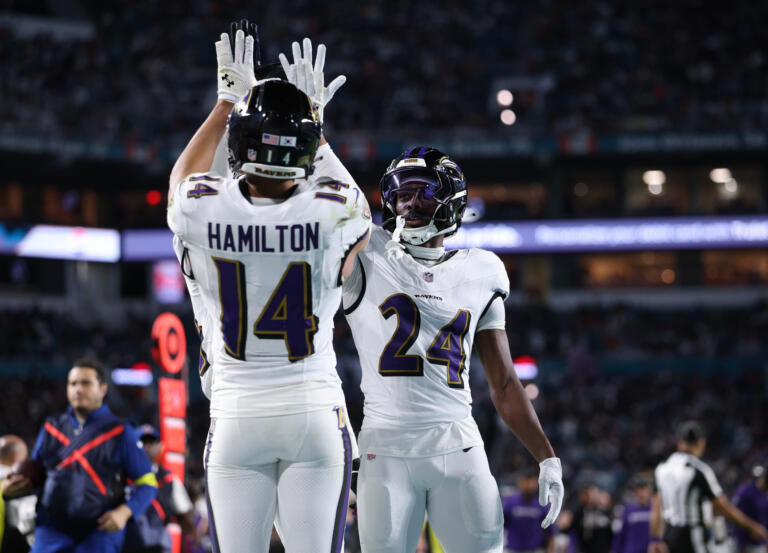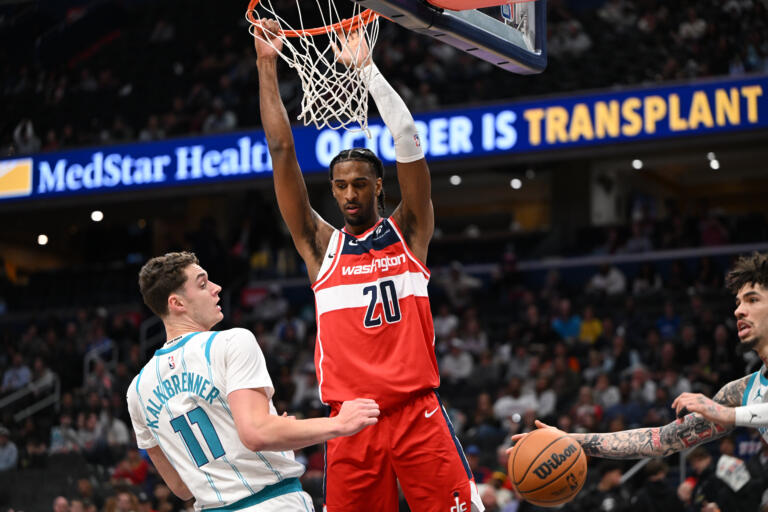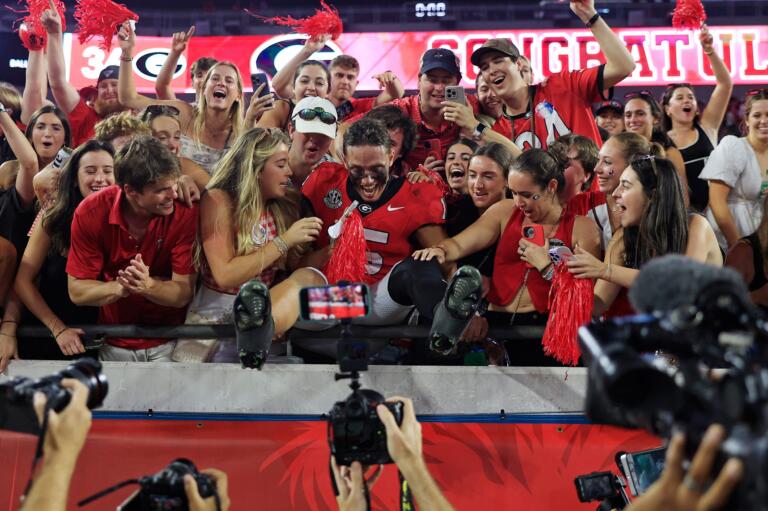The league’s most paranoid fanbases are attacking the man who keeps them on top.
If you listen long enough to SEC talk radio or scroll through social media after a close game, you’ll hear the familiar chorus: “The league’s against us.” “The refs are biased.” “Greg Sankey doesn’t want our team to win.”
It’s the same tune, played by a rotating cast of fanbases — Alabama one week, Georgia the next, LSU or Auburn after that. But here’s the truth: those accusations aren’t insight. They’re emotion. They’re born from frustration, not fact.
Greg Sankey isn’t out to get anyone. He’s the reason the Southeastern Conference sits miles ahead of every other power conference in college football.
Sankey, who has led the SEC since 2015, doesn’t call plays, throw flags or decide who wins a replay review. He runs the league that just owned college football’s Week 7 television ratings. The SEC produced the three most-watched games in the nation — Texas-Oklahoma with 8.7 million viewers, Alabama-Missouri at about 7 million and Georgia-Auburn drawing 6.7 million. That dominance doesn’t come from favoritism. It comes from demand.
Still, every Saturday night, the conspiracy theories fly. One fanbase insists the refs are protecting Alabama. Another claims Georgia gets all the calls. Then when the calls go the other way, the script flips. It’s the SEC eating itself alive — and it’s ridiculous.
Sankey oversees policy, not penalties. The SEC’s officiating crews are trained, graded and reviewed through a structured accountability system. When mistakes happen, they’re corrected internally — not manipulated from the commissioner’s office in Birmingham. The idea that Sankey secretly directs outcomes against individual schools is detached from reality.
Coaches vent in postgame press conferences, and fans amplify those frustrations online. But that anger misses the bigger picture: officiating errors happen everywhere. The Big Ten, Big 12 and ACC deal with the same controversies. The difference? Only in the SEC do fans routinely accuse their own league of being corrupt.
That’s what makes this so strange. Sankey isn’t just another conference bureaucrat. He’s the most influential figure in college athletics. Industry observers routinely call him college football’s most powerful voice, citing his role in shaping playoff expansion and safeguarding the SEC’s financial model. His leadership brought Texas and Oklahoma into the fold, secured record-setting media deals and positioned the SEC as the sport’s gravitational center.
Under Sankey, the SEC leads in almost every measurable category — from television ratings to NFL draft selections. In 2025, the league produced 79 draft picks, more than any other power conference. Those results don’t happen in a league rigged against its own members.
The irony is hard to miss: the same fanbases screaming that the league is “against them” are also cashing the benefits of Sankey’s success. The payouts, the exposure, the recruiting pipelines — they all exist because of the structure and credibility he’s built.
When Sankey speaks publicly, he rarely fires back. He knows that emotion drives fandom and that conspiracies sell in a digital age. But he also knows the facts: the SEC’s dominance isn’t in question. What is in question is the logic of fans who believe the commissioner of the most successful conference in college football would sabotage one of his own.
That mindset is out of touch. It’s the product of decades of rivalry and entitlement — fans so used to winning that any setback feels like betrayal. But reality doesn’t bend around emotion.
Greg Sankey isn’t perfect. He can still push for greater transparency in officiating reviews and communication. But calling him the villain of your program’s bad Saturday isn’t analysis. It’s laziness.
The SEC isn’t out to get you. It’s out to win — again and again. And under Sankey, it does.
So the next time your team loses and you want to blame the league office, remember: the man you’re shouting at is the one making sure the SEC remains the envy of college football. You’re not the victim. You’re part of the most powerful operation in the sport — whether you appreciate it or not.








